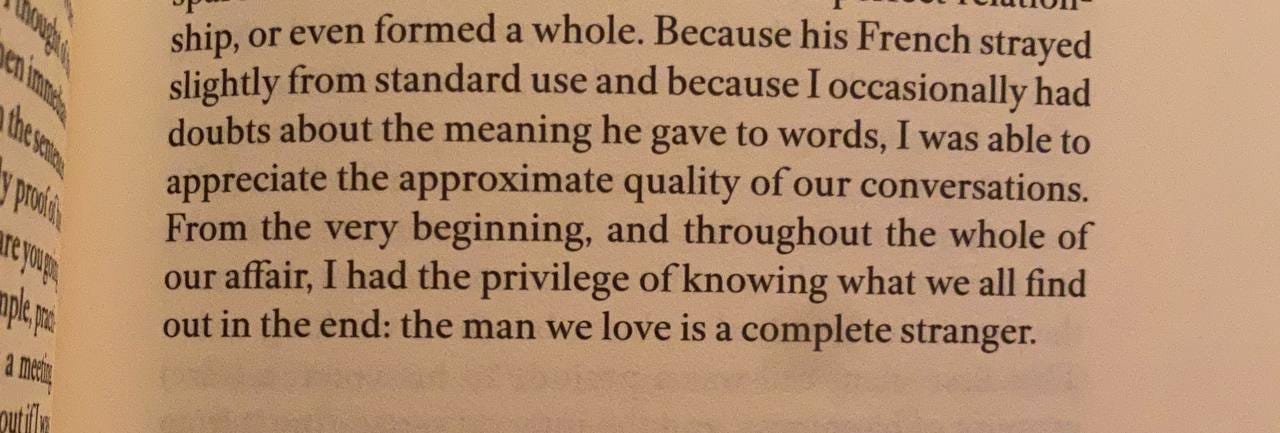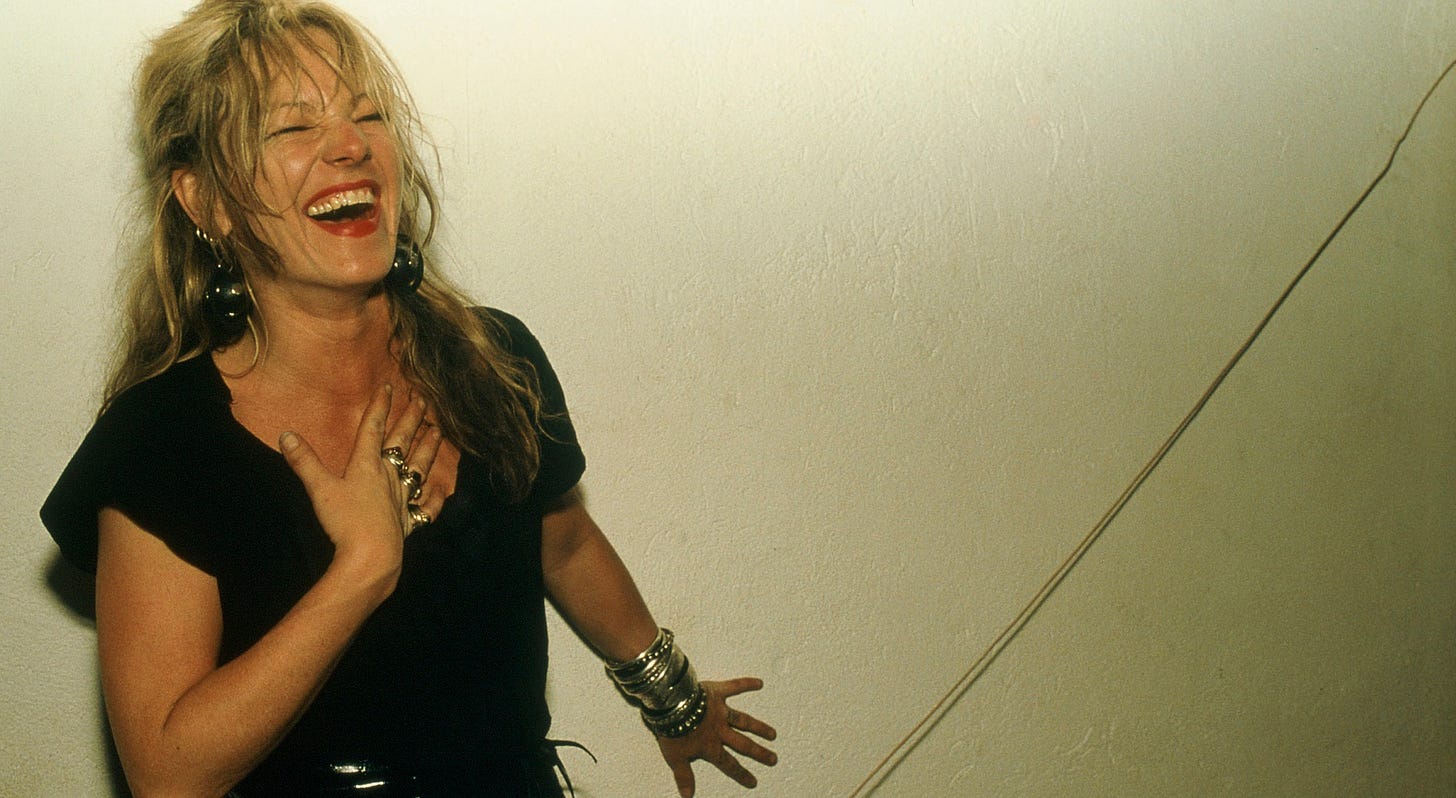One breezy summer morning, I found myself reading an essay by Annie Ernaux when I was supposed to be doing research for a project. I attempted to justify my actions: but when you’re a writer, everything is research, right?
I had first heard of the French writer thanks to a friend, who lent me her copy of Simple Passion (or Passion simple, en français) because, in her words, “you would probably be able to relate.” (She was right.) The book, which can be read in one sitting, is a detailed account of an all-consuming passion with a man Ernaux was having an affair with. She captures this obsession without shame, her words carrying a slight nonchalance even, because of how natural she made the experience seem. At the same time, you are hit with the heavy truth of her words.
Reading the Spring 2022 edition of The Paris Review soon after I had read Ernaux’s book (god that sentence made me sound like such a poser), I was delighted to find a section that featured her diaries from 1988, which was around the time she was having the affair that inspired Simple Passion. In one entry, she writes, Friday, November 11. I realized I’d lost a contact lens. I found it on the tip of his penis (I thought of Zola, who lost his monocle between the breasts of women.) This made me laugh, as if finding a contact lens on the tip of your lover’s penis was the most ordinary thing in the world.
The essay I was reading when I should’ve been working on that breezy summer morning pointed out that it isn’t enough to be a woman with desires—we should be able to freely express our yearning as well: It seemed to me that for a women, the freedom to write without shame is connected to that of being the first to touch a man’s body with desire.
Taking another break later in the afternoon (I’m in France, okay), I re-read a few anecdotes from the late Cookie Mueller’s Walking Through Clear Water in a Pool Painted Black. On a train ride a few months ago, heading back to Paris from a trip to Biarritz, a man sitting beside me had commented that he liked the title of the book. He was working on a screenplay of his own. My friends who were with me on the trip verified, through a quick Google search after we had caught a glimpse of his name, that he worked both behind and in front of the camera.
I had two lovers and I wasn’t ashamed, reads the very first line from Mueller’s collection of stories, setting the tone for the rest of the book. I had first heard of the actress/writer/Downtown New York icon when I saw a photo of her taken by her friend Nan Golding, whose raw photographs have always intrigued (and sometimes haunted) me.
In the photo, Mueller was mid-laughter, one hand on her chest, the other against the wall, radiating the larger-than-life spirit she was known to have. She seemed like she was totally herself. She writes with the same fearlessness and self-assurance about various subjects, even more serious ones such as rape, an encounter with Charles Manson, and AIDS, not allowing these experiences to define her. Instead, she told readers about her experiences in her own words. In one part, she writes, Why does everyone think I’m so wild? I’m not wild. I happen to stumble onto wildness. It gets in my path.
I never understood why Cookie Mueller’s book was titled that way, but looking at it now, it seems to speak of charging forward despite your murky surroundings, at least in my opinion. It sounded like the opposite of shame, of wallowing in a pool of self-pity—something I’ve observed a few people did growing up. As a result, I strived to be the exact opposite, and I guess that’s what led me to subconsciously search for “role models” in the media or in books, and perhaps even now, in Paris… at least that’s what a therapist had mentioned to me once before.
I think an important part of growing up is unlearning certain beliefs, especially those that had caused shame in the past.
Okay, time to get back to work.
xx




